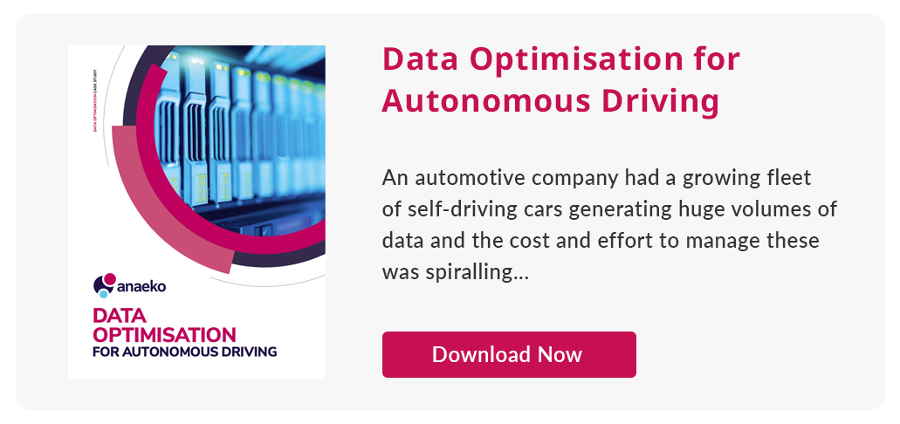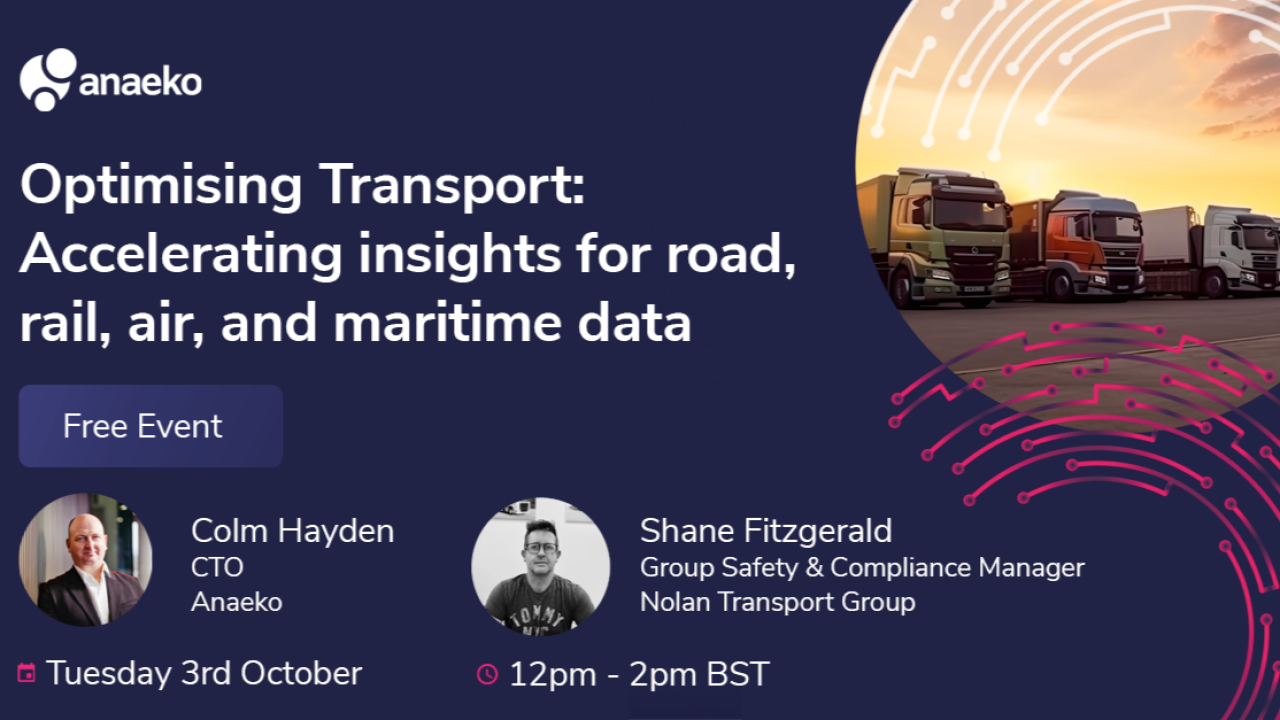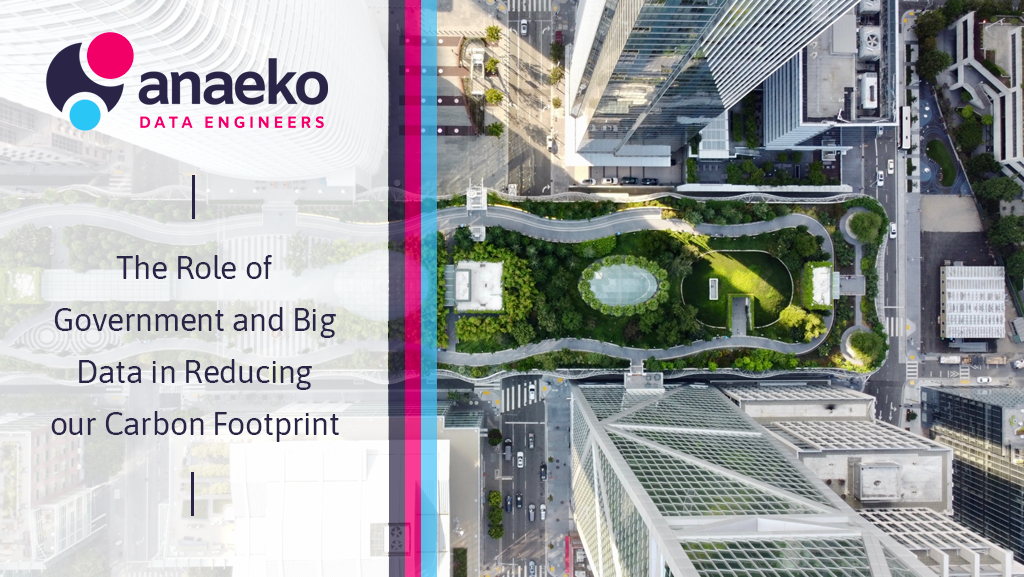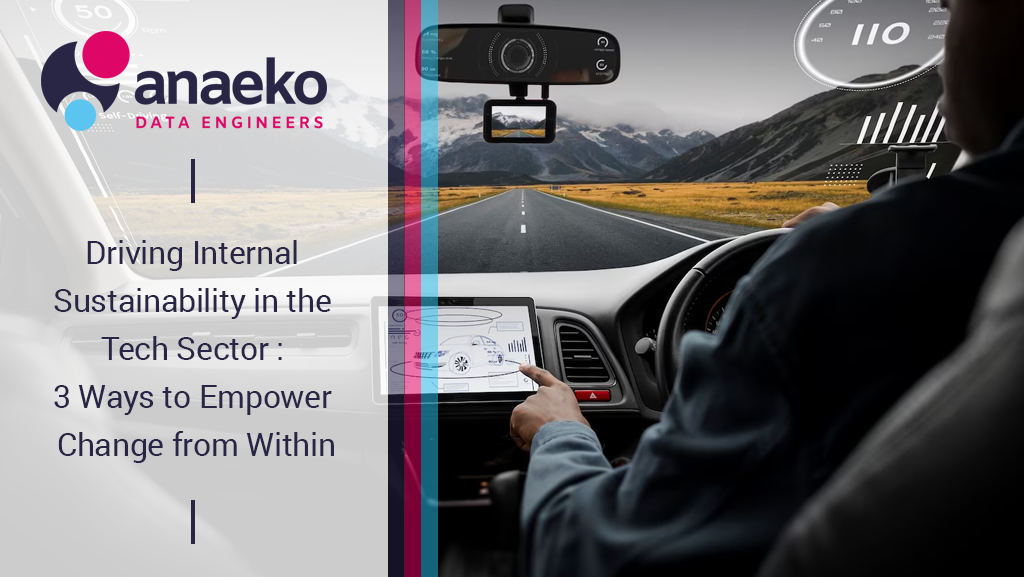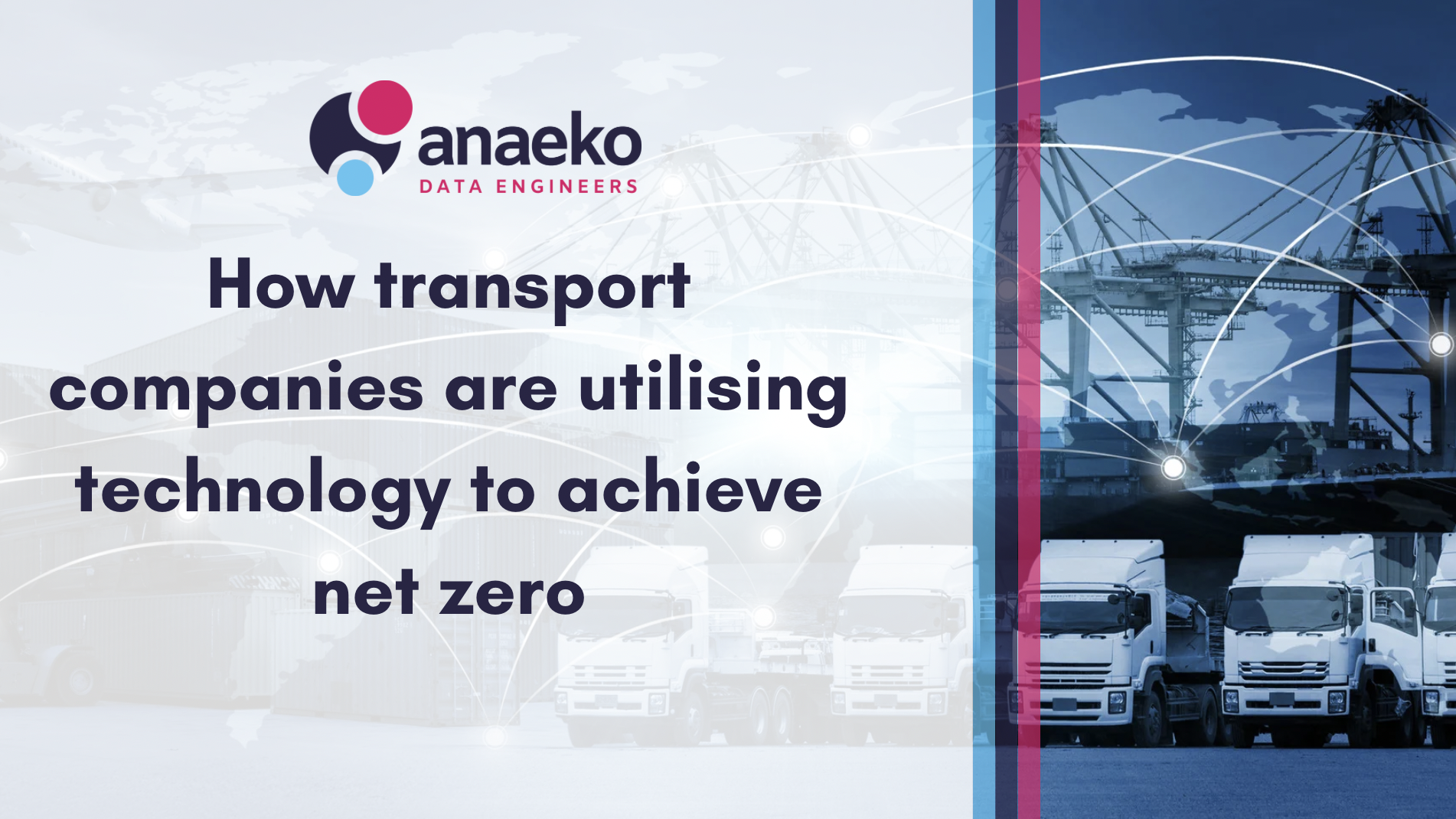
Transport companies are increasingly using technology to reduce their carbon footprint and move closer to net-zero emissions. These advancements are critical in the fight against climate change and in meeting the goals set out in the Paris Agreement. The Paris Agreement, often referred to as the Paris Accords or the Paris Climate Accords, is an international treaty on climate change. Adopted in 2015, the agreement covers climate change mitigation, adaptation, and finance.
One way in which transport companies are utilising technology to reduce emissions is by transitioning to electric and hybrid vehicles. Many companies are now investing in electric buses and trucks, which emit zero tailpipe emissions. Electric vehicles are powered by batteries, which can be charged using renewable energy sources such as wind and solar power. Companies such as Tesla, Rivian, and Ford are leading the way in producing electric trucks, which can haul heavy loads while emitting zero emissions.
Companies are also utilising technology to reduce emissions through the use of autonomous driving systems. Autonomous driving systems can help improve fuel efficiency and reduce emissions by optimising vehicle speed, acceleration, and braking. These systems use sensors, cameras, and other technologies to detect obstacles, other vehicles, and pedestrians. By reducing the number of accidents and improving traffic flow, autonomous driving systems can help reduce congestion and improve the overall efficiency of the transportation system.
Collected data analytics can also help improve transport companies operations and reduce emissions. By collecting and analysing data on vehicle performance, route optimisation, and fuel efficiency, companies can identify areas where they can reduce their carbon footprint. For example, analysing data on traffic patterns and congestion allows companies to optimise their routes to reduce idle time and fuel consumption. Vehicle performance analysis allows companies to identify areas where they can improve fuel efficiency, such as through better maintenance practices or by implementing more efficient driving habits.
Another way in which transport companies are reducing emissions is through the use of alternative fuels. Biofuels, such as ethanol and biodiesel, emit fewer greenhouse gases than traditional fossil fuels. Companies can also use hydrogen fuel cells to power their vehicles, which emit only water vapour and do not produce any carbon emissions. In addition to reducing emissions, alternative fuels can also reduce the dependence on fossil fuels, which are a finite resource.
By optimising the supply chain, companies can reduce emissions by reducing the amount of time and resources needed to transport goods. Technologies such as blockchain can help improve the transparency and traceability of the supply chain, which can help reduce waste and improve efficiency.
In conclusion, transport companies are utilising technology to reduce their carbon footprint and move closer to net-zero emissions. By transitioning to electric and hybrid vehicles, implementing autonomous driving systems, utilising data analytics, using alternative fuels, improving supply chain operations, and encouraging sustainable transportation practices, transport companies are making significant strides in reducing their emissions with the help of innovative technology practices. Read Anaeko's latest case study: Anaeko Data Insights helps NI Water address the climate emergency.
Free Event
Optimising Transport: Accelerating insights for road, rail, and air data
Unleashing Actionable Insights through Transport Data Discovery: Real world examples that reduce risk and add value.
Transport challenges and how data can help solve these challenges for a more cost effective, sustainable future. Audience will hear from different speakers, across different departments and transport areas all with individual stories on solving challenges around transport for sustainability, cost, and performance.
How can I bring all my data together, cleans/harmonise it, and turn it into actionable information?
Register Today: https://www.eventbrite.com/e/optimising-transport-accelerating-insights-for-road-rail-and-air-data-tickets-715243832557?aff=oddtdtcreator
Topics: Artificial Intelligence, Automation, Analytics Services, Amazon AWS, AWS Partner

